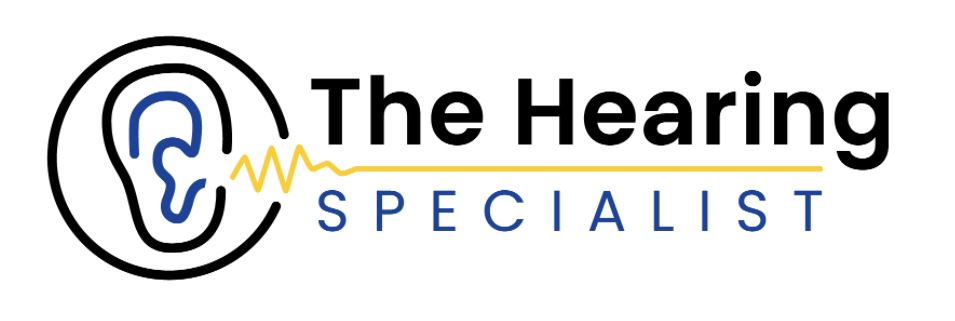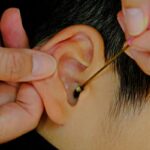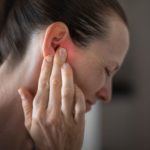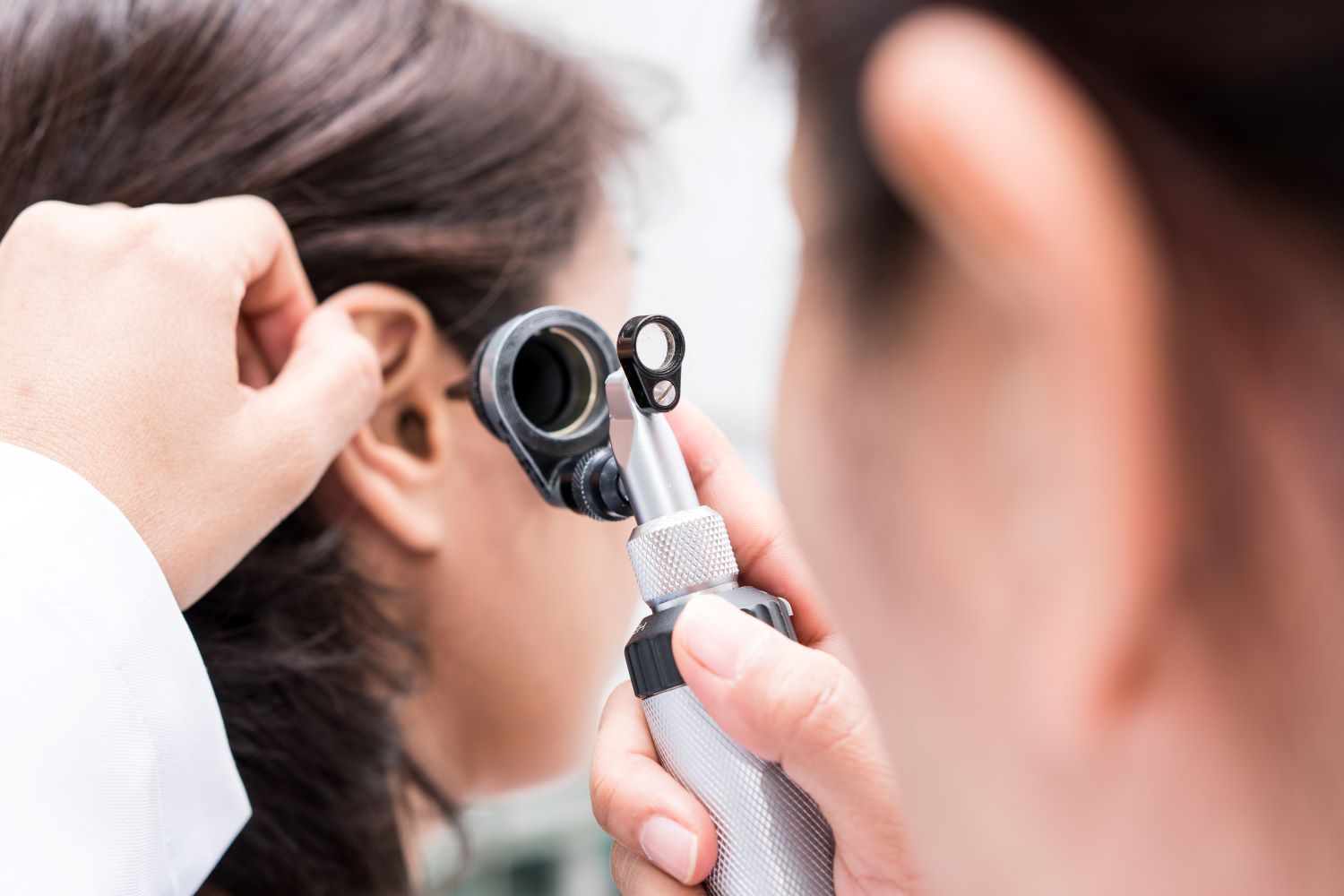Hearing is one of our most vital senses; it allows us to communicate, enjoy music and remain aware of our surroundings. But like many aspects of health, we often take it for granted until it starts to decline. With hearing loss affecting millions of people worldwide, prevention is essential.
But what if you’re already experiencing some level of hearing loss? Can you improve your hearing? This blog will explore proactive strategies for preventing hearing loss and steps you can take to support your hearing health over time.
Understanding hearing loss
Before diving into prevention and improvement, it’s important to understand what hearing loss is and how it occurs.
Hearing loss happens when parts of the ear – like the eardrum, cochlea or auditory nerve – become damaged or deteriorate due to age, noise exposure, infection or genetics. There are three main types of hearing loss:
- Sensorineural hearing loss: This type of hearing loss is caused by damage to the inner ear or auditory nerve. This is the most common form and is often irreversible.
- Conductive hearing loss: This type of hearing loss occurs when sound waves cannot reach the inner ear due to blockages like earwax or fluid buildup.
- Mixed hearing loss: This type of hearing loss is a combination of sensorineural and conductive hearing loss.
While some forms of hearing loss are permanent, there are steps you can take to protect your hearing and, in some cases, improve auditory perception.
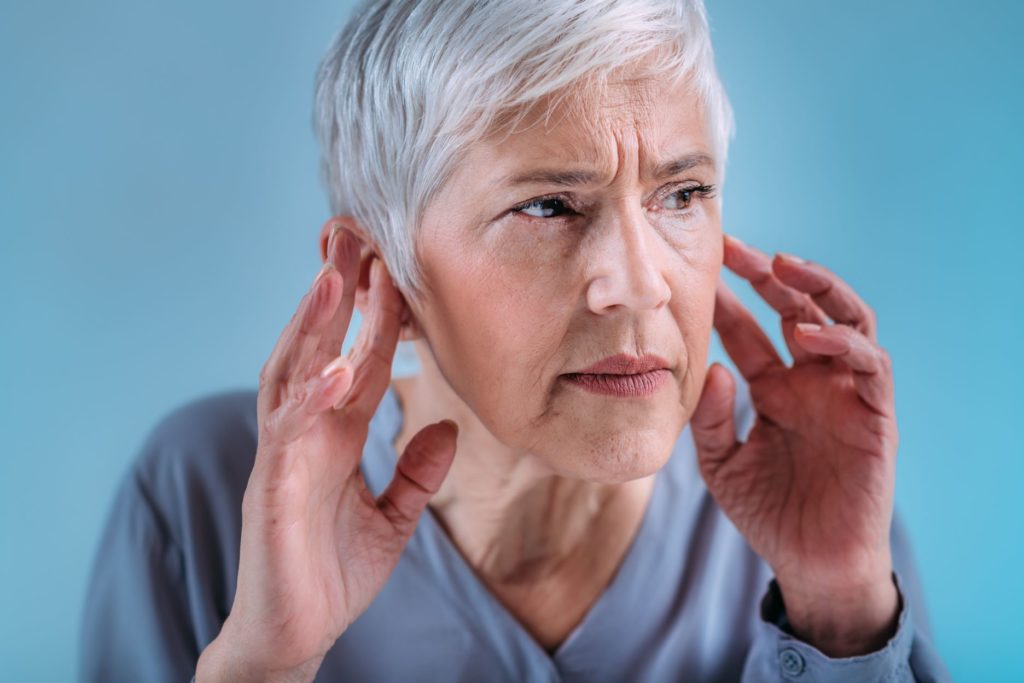
How to prevent hearing loss
Prevention is always better than treatment. Here are several effective strategies to protect your hearing health.
Limit exposure to loud noises
Prolonged exposure to loud sounds is one of the leading causes of hearing loss. Noise-induced hearing loss (NIHL) can result from exposure to sounds above 85 decibels (dB) for extended periods. Everyday sources include concerts, construction sites, headphones, and lawn equipment.
- Use noise-cancelling headphones or earplugs in noisy environments.
- Follow the “60/60 rule” for headphones: Listen at no more than 60% volume for no more than 60 minutes at a time.
- Avoid standing near loudspeakers at concerts or festivals.
Wear hearing protection
If you work in a noisy environment (like construction or manufacturing), hearing protection is essential. Use earmuffs, earplugs, or custom-fitted protective devices to reduce exposure.
- Ensure your employer complies with OSHA’s noise exposure limits.
- Use ear protection when engaging in noisy hobbies like shooting, motorcycling, or woodworking.
Reduce earbud and headphone use
Personal audio devices are a major contributor to hearing loss, especially for young people. Listening to music at high volume can cause long-term damage.
- Opt for over-ear headphones instead of in-ear earbuds, as they’re less likely to direct sound waves directly into the ear canal.
- Use volume-limiting features available on smartphones and media devices.
Maintain good ear hygiene
Cleaning your ears improperly can cause blockages and infections that impair hearing.
- Avoid using cotton swabs, as they can push earwax further into the ear canal.
- Use gentle earwax removal kits or see a healthcare provider if earwax becomes impacted.
Avoid ototoxic medications where possible
Certain medications (like some antibiotics, chemotherapy drugs and diuretics) can be “ototoxic” and damage hearing.
- Ask your doctor if any prescribed medications have ototoxic effects.
- If hearing changes while taking new medications, report it to your healthcare provider immediately.
Schedule regular hearing tests
Just like regular eye exams, hearing tests should be part of your healthcare routine.
- Schedule annual check-ups, especially if you’re over 50 or work in noisy environments.
- Early detection of hearing issues can lead to better management and prevention of further loss.
Can you improve your hearing?
This is a big question, and the answer depends on the cause of your hearing loss. In many cases, you can make improvements. If earwax, infections or fluid buildup are to blame, medical treatment can often restore some, and sometimes most, hearing. For conductive hearing loss, procedures like earwax removal or eardrum repair surgery can make a difference.
If the cause of hearing loss is sensorineural (related to nerve damage), devices like hearing aids or cochlear implants may help. Modern hearing aids amplify specific frequencies, helping you hear the sounds you’ve been missing. Cochlear implants bypass the damaged parts of the ear and directly stimulate the auditory nerve, making them an option for people with severe hearing loss who don’t benefit from hearing aids.
There’s also auditory training, which taps into the brain’s natural ability to adapt. The brain can “retrain” itself to process sounds better through auditory training exercises. Some apps and online programs are designed to improve auditory processing, which may enhance your ability to understand speech in noisy environments. Pairing this training with healthy lifestyle habits like proper nutrition, exercise and quitting smoking can support long-term hearing health.
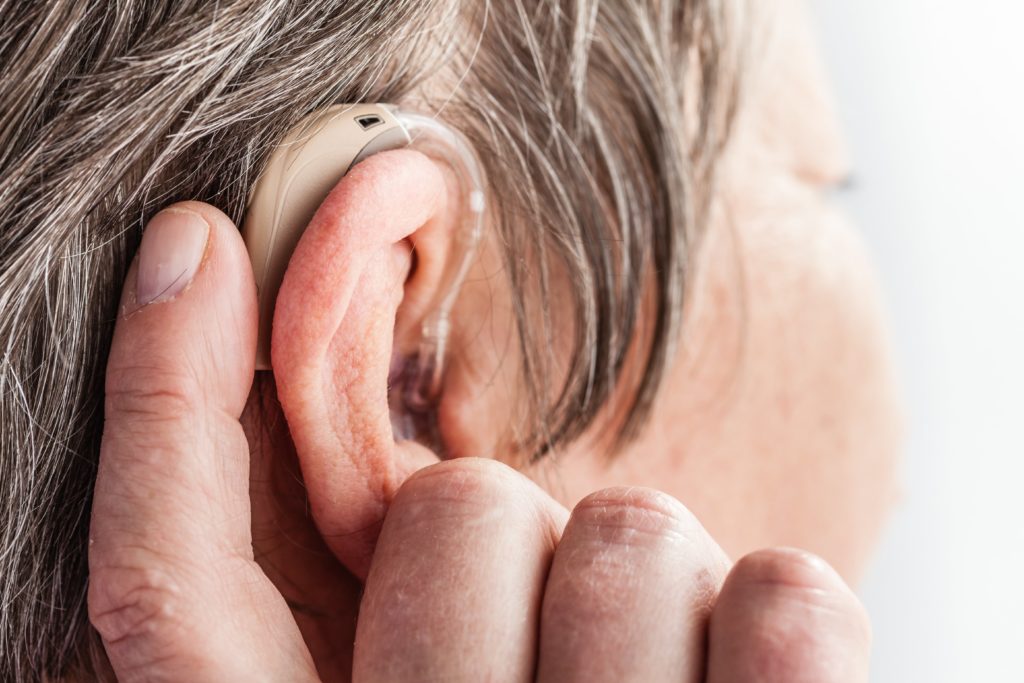
Tips for supporting long-term hearing health
In addition to the steps mentioned earlier, here are some lifestyle tips that help support and maintain good hearing health.
- Manage chronic conditions: Conditions like diabetes and high blood pressure can contribute to hearing loss. Managing these with a healthy lifestyle and medical support can protect your ears.
- Stay physically active: Regular exercise promotes healthy blood flow, which supports the inner ear’s sensory cells.
- Take listening breaks: If you’re exposed to noise for long periods (like concerts or headphone use), give your ears a rest to prevent overexposure.
- Protect against infections: Ear infections, especially in children, can cause hearing loss. Address infections promptly with medical treatment.
When to see an audiologist
If you’re experiencing signs of hearing loss – like ringing in the ears (tinnitus), muffled sounds or difficulty following conversations – see an audiologist. Early intervention can slow progression, identify reversible causes and provide access to hearing aids or other assistive devices.
Care for your hearing health with The Hearing Specialist
Hearing health is often overlooked, but it’s vital to our quality of life. While preventing hearing loss requires protective measures like limiting noise exposure, cleaning ears safely and managing chronic health conditions, you may still wonder, “Can you improve your hearing?”
For some, the answer is yes—especially if hearing loss is due to a reversible cause like earwax blockage or infection. While sensorineural hearing loss is permanent, treatments like hearing aids, cochlear implants, and auditory training can enhance auditory perception and communication.
Take action now to protect and support your hearing health for a lifetime of clearer sound and better connection with the world around you. Book an appointment for a hearing health MOT with The Hearing Specialist.
